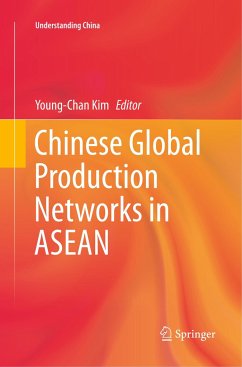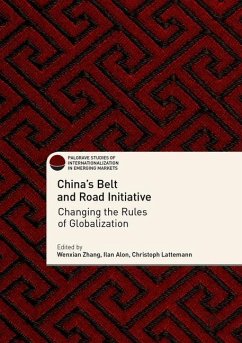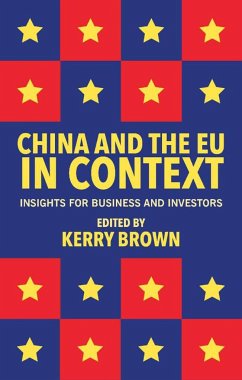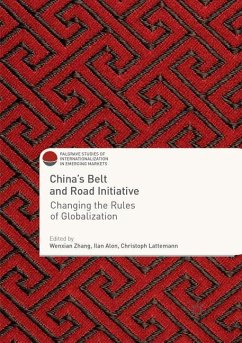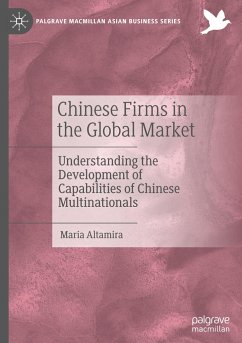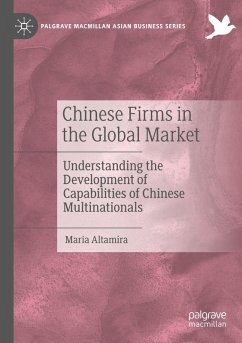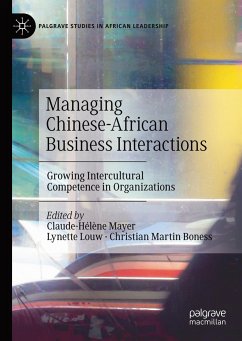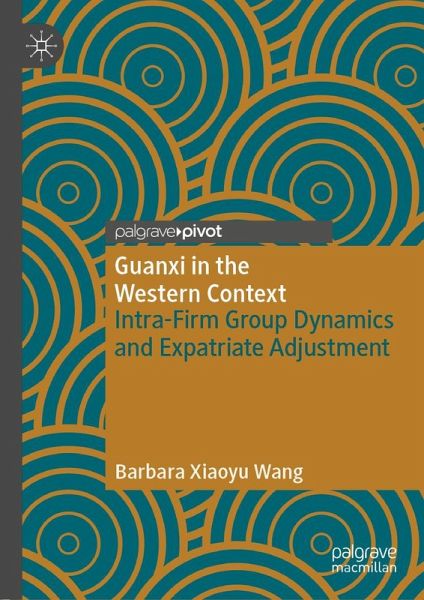
Guanxi in the Western Context
Intra-Firm Group Dynamics and Expatriate Adjustment

PAYBACK Punkte
19 °P sammeln!
Deeply rooted in Chinese culture, the concept of guanxi has been widely researched from historical, cultural and political perspectives. As Chinese multinational corporations (MNCs) expand, expatriates are increasingly carrying guanxi with them to host countries, yet little has been written on how this indigenous construct is employed in the Western world. This book takes a theoretical approach to the examination of this phenomenon and proposes a conceptual framework for the 'guanxi capitalism structure,' illustrating its fundamental role as the invisible hand in China. Providing empirical ana...
Deeply rooted in Chinese culture, the concept of guanxi has been widely researched from historical, cultural and political perspectives. As Chinese multinational corporations (MNCs) expand, expatriates are increasingly carrying guanxi with them to host countries, yet little has been written on how this indigenous construct is employed in the Western world. This book takes a theoretical approach to the examination of this phenomenon and proposes a conceptual framework for the 'guanxi capitalism structure,' illustrating its fundamental role as the invisible hand in China. Providing empirical analysis, the author demonstrates how guanxi affects intra-firm multicultural group dynamics involving Chinese expatriates and host-country natives in Chinese MNCs. With insights for scholars researching Asian business and globalisation, and practitioners working in Chinese MNCs, this book argues that guanxi significantly alters an expatriate's adjustment, and offers practical suggestions for cross-cultural management and the process of initiating, building, and utilising guanxi in a Western context.





